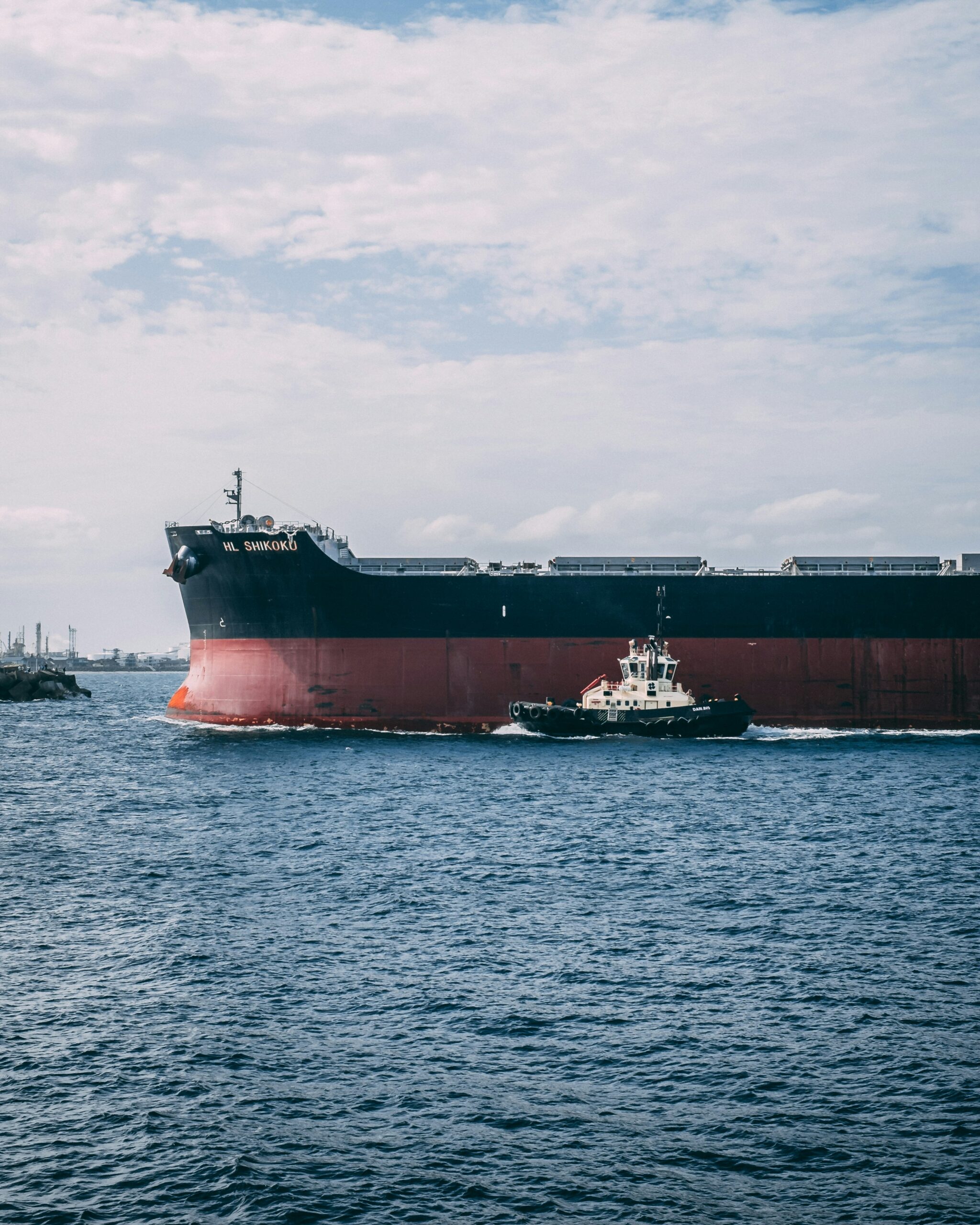
The oil, gas, water, food and beverage, aerospace, power generation, construction, and pharmaceutical industries rely heavily on the integrity of tubes and pipes, with many thousands of meters fabricated yearly. Ensuring every joint is leak-tight before commissioning is paramount, especially in sectors like nuclear power, where releasing toxic compounds poses serious health risks, and in aerospace, where leaks can endanger lives.
Hydrostatic testing, typically water-based, is the safest and most common method for testing pipes and pressure vessels. In contrast, pneumatic testing, which uses compressed inert gas or air, is employed under carefully controlled conditions due to the potential dangers associated with the sudden release of energy if a test fails. The basic principle of these tests involves isolating the pipe or vessel joint, introducing the test medium, and then pressurising it. Leaks are detected by measuring pressure drops or by visually inspecting the surface for any signs of leakage.
Selecting the proper sealing technique is crucial for ensuring the accuracy and safety of these tests. Operators must consider factors such as pipe diameter, test pressure, and potential contamination from the sealing equipment. Sealing products generally fall into mechanically expandable plugs and inflatable dams. These products typically cover diameters between 12 mm and 3000 mm, with unique versions available for smaller and larger pipes.
Expandable Plugs
Expandable plugs are essential for leak testing, and manufacturers like Huntingdon Fusion Techniques offer many options. These plugs typically feature nylon, steel, or aluminium bodies with a flexible seal sandwiched between the body components. The seal is expanded by applying a radial force via a manually operated screw or bar on the shaft, and they come in various materials such as nitrile, Viton, natural rubber, and silicone. Specially braced plugs and double disc plugs are available for higher-pressure applications.
For instance, Nylon Plugs are customisable to meet specific colour preferences for pipe diameters from 12 to 150 mm. Aluminium Test Plugs are more robust, available in sizes ranging from 38 to 900 mm, and suitable for heavy-duty applications like chemical immersion or high-temperature environments. Steel Test Plugs, available in sizes from 38 to 1800 mm, are designed for demanding conditions such as long immersion in water or exposure to acidic or alkaline environments.
As pipe diameters increase, the weight of these expandable plugs can become a concern, with some steel plugs weighing as much as 178 kg for a diameter of 1800 mm. Inflatable Dams are often used to manage these larger sizes more safely and effectively.
Inflatable Dams
Inflatable dams provide a versatile and practical solution for sealing pipes across a wide range of diameters, from 35 mm to 3000 mm. Huntingdon Fusion Techniques offers a variety of inflatable dams designed to withstand temperatures from -40°C to +70°C (up to 300°C with heat-resistant covers) and to resist most hydrocarbon gases and fluids.
These dams quickly inflate to sealing and working pressure and feature a large sealing area, which reduces the risk of tilting that can occur with mechanical plugs. Inflation is typically carried out using a compressor or foot pump through an integrated valve system. Additionally, many inflatable dams offer a bypass facility for introducing or draining liquids or gases within the sealed volume after inflation.
General Purpose Inflatable Dams can accommodate pipes with diameters ranging from 25 mm to 2900 mm and are available in both cylindrical and spherical forms. Special Purpose Dams are available for use in the petrochemical industries, where resistance to a wide range of chemicals is necessary, with sizes ranging from 25 mm to 900 mm. Inflatable Solid Rubber Plugs are particularly useful for sealing against irregular surfaces and are available for pipe diameters between 38 mm and 2000 mm.
For situations where there is insufficient pipe length for standard cylindrical or spherical dams, Low-Profile (Pancake-Style) Stoppers are available. These stoppers, heat-resistant up to 90°C, come in sizes ranging from 152 mm to 2235 mm and offer an effective solution when space is limited.
Products Used in This Case Study
Further Information